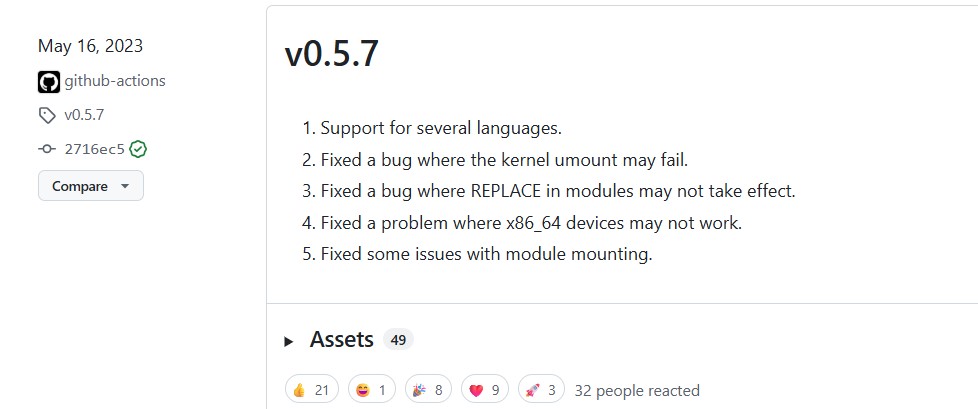KernelSU Android Rooting Tool Flaw Allows Full Device Takeover

Zimperium’s zLabs team uncovers a critical security flaw in the popular Android rooting tool, KernelSU v0.5.7. Learn how this vulnerability could allow attackers to gain full root access and compromise your device.
Mobile security firm Zimperium has exposed a serious vulnerability in a popular tool used to root Android devices. The research, conducted by Zimperium’s zLabs team and shared with Hackread.com, reveals a critical flaw in KernelSU, a framework that gives users deep control over their phones. This weakness could allow a malicious app to take over a device completely, giving an attacker full access to personal data and system controls.
For your information, Rooting is the process of gaining administrative-level access to a phone’s operating system. It’s often done by users who want to customize their devices beyond what’s normally allowed. Frameworks like KernelSU, APatch, and Magisk use a method called kernel patching to make this happen.
This involves modifying a device’s core system, or kernel, to create a connection to an app that manages these special permissions. However, according to Zimperium’s research, this powerful method can also open the door to major security risks if not designed with care.
The specific problem was found in KernelSU version 0.5.7. To make sure only the correct app can use its powerful features, the rooting tool is supposed to check a few things. One key check is confirming the digital signature of the manager app, which is like an official stamp of approval. Zimperium’s zLabs team found that this check was flawed.
The tool would look at the first app file it found in a specific list to verify the signature. Attackers could trick the system by changing the order of this list. A malicious app could bundle a copy of the official KernelSU manager app and open it in a way that made it appear first in the list. This would fool the system into thinking the attacker’s app was legitimate, granting it full root access.
The attack could happen when a device starts up. If an attacker’s app loads before the real KernelSU manager app, it could use this trick to gain root access before any security protections are in place. Once an attacker has this level of control, they can do almost anything on the device, including stealing sensitive data, installing malware, or changing security settings.
Zimperium’s researchers noted that similar weaknesses have been found in other rooting tools like APatch and Magisk. This means it is a growing problem, especially as attackers are increasingly focusing on mobile devices to get into company networks and steal information.
The safest way to protect your mobile device is to avoid using rooting tools altogether and to ensure your phone’s operating system is always kept up-to-date with the latest security patches.
HackRead





